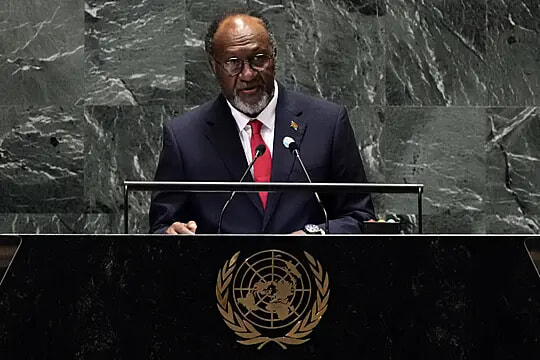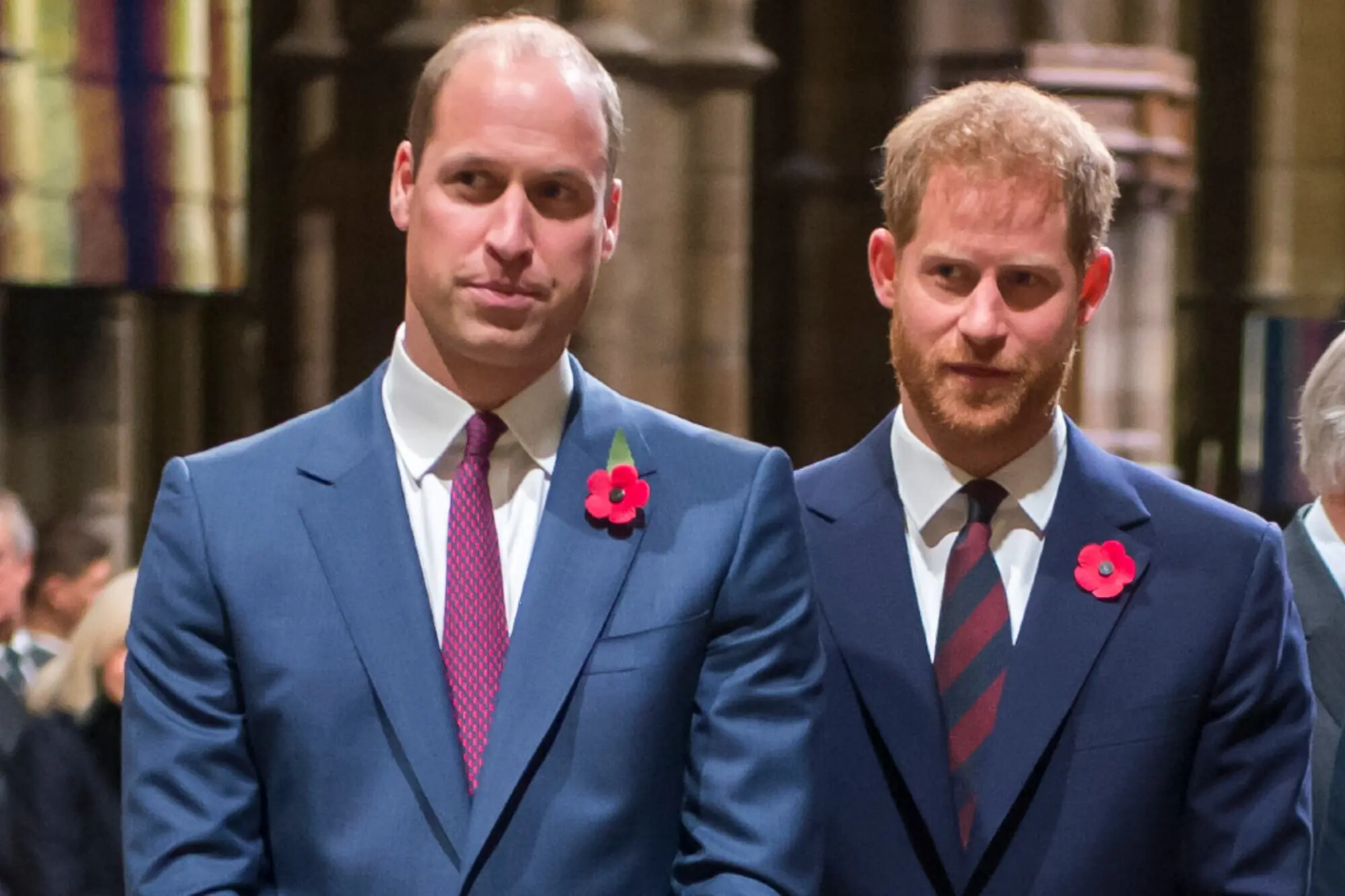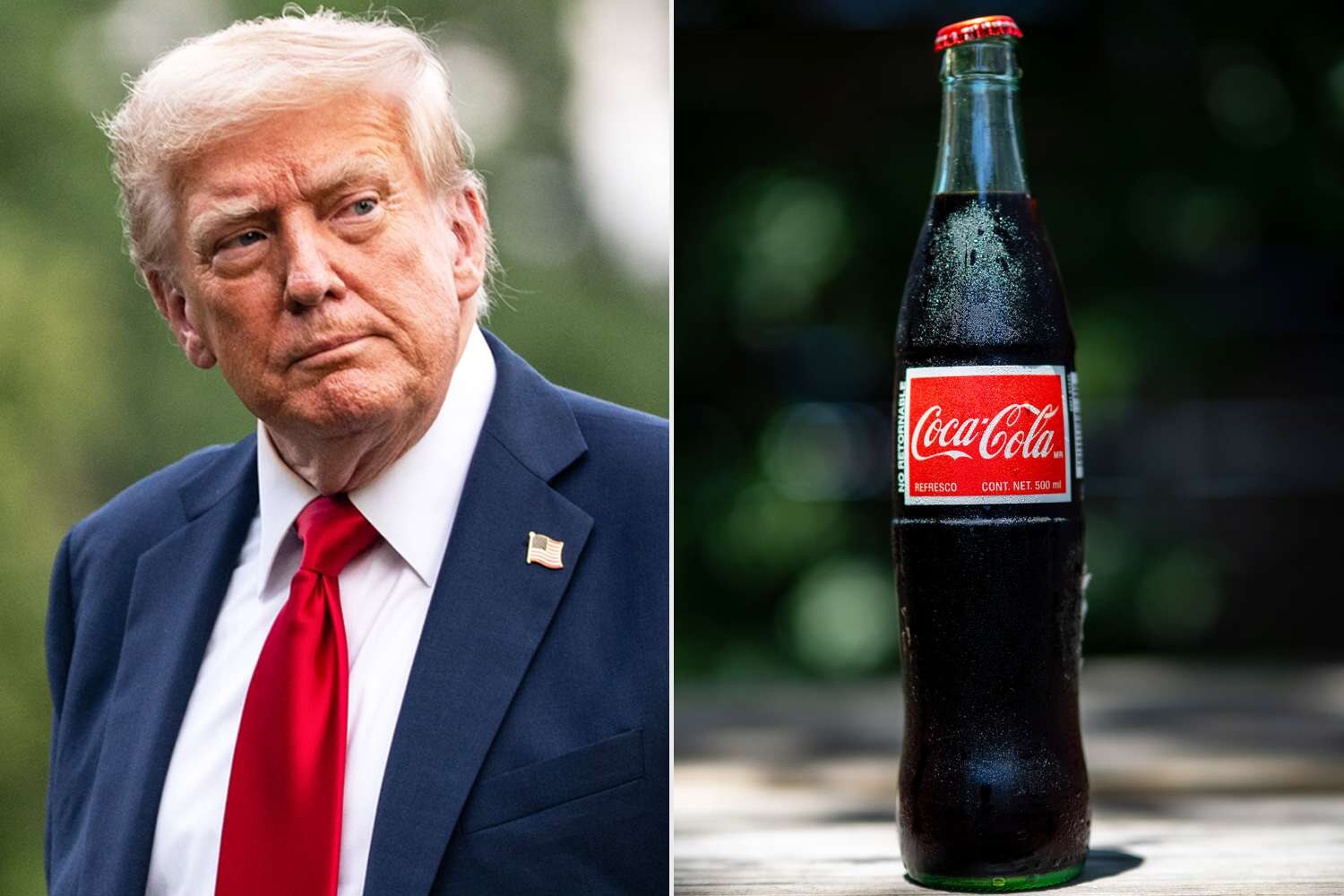
"Hot Wheels" is Getting a Live-Action Movie From the Same Director That Brought You "Wicked"
Are you excited?
Published July 8, 2025
Advertisement
Advertisement
1. Toy Box Office Boom

In recent years, Hollywood has witnessed an extraordinary surge in film adaptations centered around beloved toy brands, transforming childhood nostalgia into big-screen spectacles that capture global audiences. The resounding success of movies like Barbie has inspired studios and toy companies alike to mine their archives for iconic properties, launching a new era of toy-based blockbusters. Mattel, a pioneer in this trend, has been aggressive in leveraging its diverse lineup of toys for cinematic ventures, driving the entertainment industry into uncharted territory. These adaptations promise more than simple brand recognition; they aim to infuse stories with the imagination, creativity, and emotional resonance that made the toys household names. With each successful release, the stakes have grown higher, prompting rival studios to accelerate their own projects and intensifying competition at the box office. Audiences now eagerly anticipate which childhood favorite will be reimagined next, as studios announce new productions at a dizzying pace. Major entertainment powerhouses have formed new partnerships, securing directors and writers with proven track records to steward these treasured brands. Every greenlighted project is closely watched by fans and industry insiders, aware that a single film can redefine a franchise’s legacy. As a result, these adaptations are carefully crafted to honor the spirit of the original toys while offering fresh perspectives and dynamic storytelling. This evolving trend demonstrates the powerful connection between nostalgia, pop culture, and box office performance. In this landscape, Mattel’s announcement of a live-action Hot Wheels movie, under the direction of Jon M. Chu, marks the next ambitious chapter in the toy-to-movie revolution.
Advertisement
2. Mattel’s Cinematic Universe

Mattel’s strategic shift towards becoming a franchise-driven entertainment giant has dramatically reshaped the company’s public image and business trajectory. Following the record-breaking financial success of Barbie, Mattel has accelerated its pursuit of screen adaptations for its flagship brands, including not only Hot Wheels, but also Polly Pocket, Masters of the Universe, Barney, Bob the Builder, and UNO. The company’s new division, Mattel Studios, was formed to shepherd these adaptations from concept to theatrical release, ensuring that each film aligns with the brand’s values and consumer expectations. Mattel has engaged with a diverse roster of filmmakers, writers, and production companies, forging alliances with industry leaders such as Warner Bros. and Bad Robot. This collaborative approach brings together creative forces who can translate the essence of toys into compelling, marketable cinematic narratives. The overarching strategy is clear: use the universal language of play, imagination, and nostalgia to reach audiences of all ages, transcending generational divides. Each new film is expected to serve as a potential launchpad for sequels, merchandising opportunities, and multimedia spin-offs, amplifying the brand’s cultural impact. This concerted effort has helped Mattel not only diversify its revenue streams but also strengthen its relevance in the modern entertainment ecosystem. By fusing beloved brands with cutting-edge filmmaking, Mattel is building a formidable entertainment empire with global reach. The result is a growing catalog of films that continuously push the boundaries of what toy-based storytelling can achieve. Amid this surge, the live-action Hot Wheels movie emerges as one of Mattel’s most highly anticipated and symbolically significant endeavors.
Advertisement
3. The Power of Hot Wheels

Hot Wheels, introduced by Mattel in 1968, quickly became an international phenomenon, captivating children and car enthusiasts with its signature die-cast vehicles and vibrant orange tracks. Over the decades, more than eight billion Hot Wheels cars have been sold worldwide, making the brand synonymous with speed, imagination, and the thrill of racing. The enduring appeal of Hot Wheels lies in its ability to bridge generational gaps, appealing to collectors, parents, and children alike. Cultural collaborations with automotive giants, streetwear brands, and entertainment properties have cemented Hot Wheels as a fixture in both toy aisles and pop culture. With a legacy spanning more than five decades, the brand’s presence is marked by global competitions, automotive design partnerships, and limited-edition releases. Hot Wheels has consistently evolved, incorporating technology and digital play to remain relevant in an ever-changing marketplace. Mattel’s vision for a feature film aims to harness this storied history and translate the brand’s exhilarating spirit onto the big screen. The Hot Wheels movie is positioned as an action-packed adventure that promises to honor the core values of creativity, connection, and imagination. For fans, the anticipation is fueled by the prospect of seeing their favorite toy cars come to life with Hollywood’s visual storytelling prowess. The move also signals a broader industry trend of elevating familiar brands through ambitious, blockbuster filmmaking. With Jon M. Chu at the helm, expectations for a visually stunning and narratively engaging film are running high.
Advertisement
4. Jon M. Chu Joins the Race

The selection of Jon M. Chu as director marks a pivotal moment in the Hot Wheels movie’s development, bringing both critical acclaim and blockbuster sensibility to the project. Chu is celebrated for his work on films such as Crazy Rich Asians, In the Heights, and Wicked: Part One, which garnered ten Oscar nominations and more than $750 million at the global box office. His reputation for blending dynamic visuals with emotionally resonant storytelling made him a sought-after choice for Mattel and its partners. Chu’s ability to craft immersive worlds and unforgettable set pieces promises to elevate the Hot Wheels property far beyond a simple toy adaptation. The director has expressed enthusiasm about translating the brand’s legacy of imagination and play into a cinematic experience, citing the opportunity to connect with audiences young and old. His partnership with screenwriters Juel Taylor and Tony Rettenmaier, known for their work on Creed II and They Cloned Tyrone, underscores the film’s commitment to high-octane action and innovative storytelling. Industry insiders regard Chu’s involvement as a signal that Mattel and Warner Bros. are investing in top-tier talent for their most important projects. The collaboration also reunites Chu with Warner Bros. and J.J. Abrams’ Bad Robot, both key players in the evolving landscape of blockbuster entertainment. Chu’s packed slate of upcoming projects only adds to the anticipation, as fans and critics alike watch how he will bring Hot Wheels’ signature speed and spectacle to life. With the project now moving into active development, Hollywood is abuzz with speculation about how Chu will interpret the Hot Wheels mythos for the big screen. The director’s stated goal is to create an adventure that captures the heart, adrenaline, and enduring legacy of Hot Wheels.
Advertisement
5. Under the Hood: Hot Wheels Hits the Fast Lane

The announcement of the live-action Hot Wheels movie officially accelerates Mattel’s push into high-profile cinematic storytelling, signaling a new era for the brand and its fans. At the core of the project is a commitment to honoring Hot Wheels’ DNA: a blend of action, creativity, and the limitless thrill of racing. While plot details remain closely guarded, early statements suggest that the film will spotlight some of the world’s most iconic and visually stunning vehicles. The production promises to balance heart-stopping action with heartfelt connections, embodying the sense of wonder and play that has defined Hot Wheels for generations. Juel Taylor and Tony Rettenmaier’s script is expected to blend fast-paced narrative with moments of humor, teamwork, and imaginative problem-solving. The involvement of Bad Robot and Chu’s Electric Somewhere production company reinforces the film’s blockbuster ambitions and creative pedigree. As Mattel Studios president Robbie Brenner noted, the creative team is “uniquely positioned to capture the heart, adrenaline, and spirit of Hot Wheels.” Industry observers predict that the film could spark a new franchise, much like the Fast & Furious series did for adult car culture, but with broader family appeal. By pairing top-tier talent with a brand beloved by millions, the Hot Wheels movie is poised to become a cultural phenomenon. This moment marks a turning point in how Hollywood approaches toy-based adaptations, demonstrating that even a classic brand can be reinvented for a new generation. With momentum building and excitement mounting, all eyes are on the creative team as they prepare to bring Hot Wheels roaring onto the big screen.
Advertisement
6. The Mattel Movie Pipeline

The live-action Hot Wheels project is only the latest in a rapidly expanding pipeline of films based on Mattel’s diverse toy portfolio. Following Barbie’s groundbreaking box office run, Mattel has greenlit films centered on Polly Pocket, Barney, Masters of the Universe, Bob the Builder, American Girl, and even UNO, each with its own creative team and production strategy. This sweeping approach reflects Mattel’s ambition to become a multimedia powerhouse, rivaling the likes of Disney and Hasbro in the world of entertainment-driven brand management. Executives have made it clear that each film must balance fidelity to the brand’s origins with bold, contemporary storytelling that resonates across demographics. Directors, screenwriters, and actors of considerable acclaim are being tapped for these projects, raising the bar for what audiences can expect from toy adaptations. Mattel’s leadership has repeatedly emphasized the importance of creativity and emotional authenticity, seeking to elevate the material beyond mere product placement. The company’s ongoing partnership with major studios like Warner Bros. and Universal underscores its commitment to delivering cinematic experiences on a global scale. Each new announcement is met with anticipation and scrutiny, as fans wonder how their favorite childhood icons will be reimagined for modern audiences. By diversifying its slate and taking calculated creative risks, Mattel is redefining what it means to be a toy company in the age of streaming and event movies. The result is an ever-growing universe of interconnected films, each designed to spark imagination and inspire new generations of fans. As the Hot Wheels project moves forward, it sets the tone for future adaptations and the next phase of Mattel’s cinematic journey.
Advertisement
7. Creative Teamwork

Behind the scenes, the success of Mattel’s cinematic expansion depends on a network of creative partnerships and carefully negotiated studio deals. The decision to entrust Jon M. Chu with the direction of Hot Wheels was the result of extensive discussions among Mattel, Warner Bros., and Bad Robot, each bringing a unique perspective to the collaboration. The addition of Juel Taylor and Tony Rettenmaier to the writing team ensures a script that is both action-driven and emotionally engaging. Executive producers, development executives, and marketing strategists are working in tandem to position Hot Wheels as a tentpole release for Mattel and its partners. The creative process is marked by open communication and mutual respect, as stakeholders seek to maintain the integrity of the Hot Wheels brand while maximizing cinematic appeal. Regular consultations with automotive designers, brand historians, and Hot Wheels enthusiasts help ground the film in authenticity and fan service. Studio alliances also provide access to top-tier visual effects, production design, and stunt coordination, ensuring that the film’s action sequences will set new standards for the genre. Marketing teams are already planning tie-ins, merchandise, and experiential campaigns that will accompany the film’s release, further embedding Hot Wheels in popular culture. These alliances are designed to create a feedback loop, where fan excitement drives box office success, which in turn generates more resources for creative experimentation. The collaborative model is being closely watched by other toy companies and studios eager to replicate Mattel’s rapid ascent in the entertainment hierarchy. With each milestone achieved, the partnerships behind Hot Wheels and other projects become a template for Hollywood’s future franchise-building efforts.
Advertisement
8. Hollywood’s Toy Renaissance

The rise of movies like Hot Wheels represents a larger transformation in Hollywood, where intellectual property from toys, games, and comics increasingly fuels major film projects. Studios are reimagining the traditional adaptation model, favoring expansive, interconnected universes over standalone features. The financial rewards are immense, as brands with built-in fanbases translate to strong box office openings and robust merchandise sales. Directors like Jon M. Chu are uniquely positioned to bridge the worlds of pop culture and cinematic artistry, bringing legitimacy and vision to what might otherwise be dismissed as commercial fare. Production budgets and marketing spends continue to climb, reflecting studios’ confidence in the drawing power of these properties. Streaming services and global distribution networks amplify the reach of each release, creating truly worldwide phenomena. Audiences have come to expect a level of spectacle and innovation that was once reserved for superhero films, raising the bar for every new adaptation. Toy-based movies now serve as both family entertainment and cultural events, capable of sparking conversations across age groups and social circles. As more projects are announced and released, Hollywood’s embrace of nostalgia and playfulness signals a lasting shift in how stories are told and consumed. For Mattel and its collaborators, the ongoing success of their film slate stands as proof that there is no limit to where imagination and smart business can take a beloved brand. In this renaissance, every childhood memory is a potential blockbuster waiting to be reawakened.
Advertisement
9. Storytelling Stakes :

Transforming a classic toy line like Hot Wheels into a live-action film carries both significant opportunities and notable risks. The challenge lies in balancing the expectations of lifelong fans with the need to attract new audiences who may have little attachment to the brand. Success requires more than visual spectacle; it demands genuine storytelling, memorable characters, and a clear emotional core. A misstep can damage not only the movie but also the legacy of the toy brand, underscoring the high stakes involved in these adaptations. Studios must navigate the tension between fan service and innovation, ensuring that creative risks are calculated rather than reckless. The collaborative nature of modern filmmaking means that every department, from writing to marketing, plays a role in determining the final product’s reception. Mattel and Warner Bros. are keenly aware that the Hot Wheels film will be scrutinized as a bellwether for future toy adaptations. Early teasers, casting announcements, and behind-the-scenes content are strategically deployed to build excitement while managing expectations. Industry analysts will closely watch box office performance, merchandise sales, and audience reviews to gauge the film’s impact and viability as a franchise. The rewards, however, are enormous, with the potential to establish new cinematic icons and revitalize decades-old brands for future generations. As the Hot Wheels team revs its engines, the world waits to see if this bold leap will redefine what a toy-based movie can achieve.
Advertisement
10. The Road Ahead for Hot Wheels

With production gearing up and anticipation mounting, the live-action Hot Wheels movie stands at the forefront of Hollywood’s ongoing evolution. The combined talents of Jon M. Chu, Juel Taylor, Tony Rettenmaier, and a host of creative partners promise a film that blends speed, heart, and unforgettable visual flair. The project encapsulates the hopes of an industry eager to harness nostalgia, innovation, and universal themes in pursuit of box office glory. Mattel’s continued investment in cinematic storytelling is reshaping how audiences experience their favorite brands, turning toys into gateways for shared adventures. The success of Hot Wheels could spark a new era of cross-generational storytelling, where the boundaries between play and cinema blur into one immersive experience. As studios prepare for an increasingly interconnected entertainment landscape, every release becomes both a proving ground and an inspiration for what comes next. The Hot Wheels movie represents more than just another entry in the toy adaptation trend; it is a testament to the enduring power of imagination, collaboration, and creative ambition. For fans, industry insiders, and future filmmakers, the journey of Hot Wheels from the toy box to the multiplex is a story still being written. With every milestone, the film serves as a reminder that even the simplest playthings can become the foundation for stories that captivate the world. As opening night approaches, audiences everywhere are invited to buckle up and join the ride, eager to see how far and fast this legacy can go. The road ahead is wide open, and the race has only just begun.
Advertisement
Advertisement
You May Also Like






